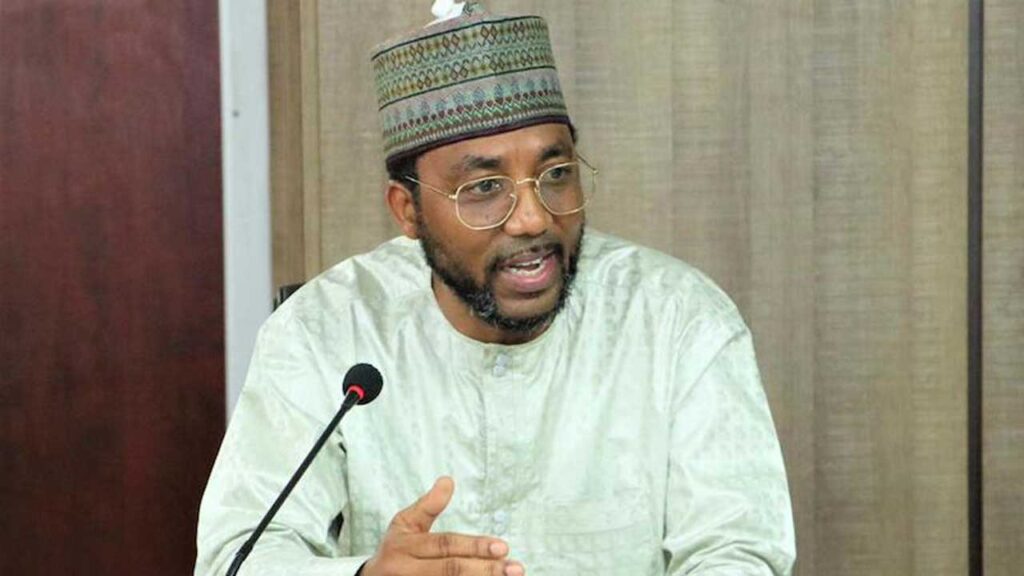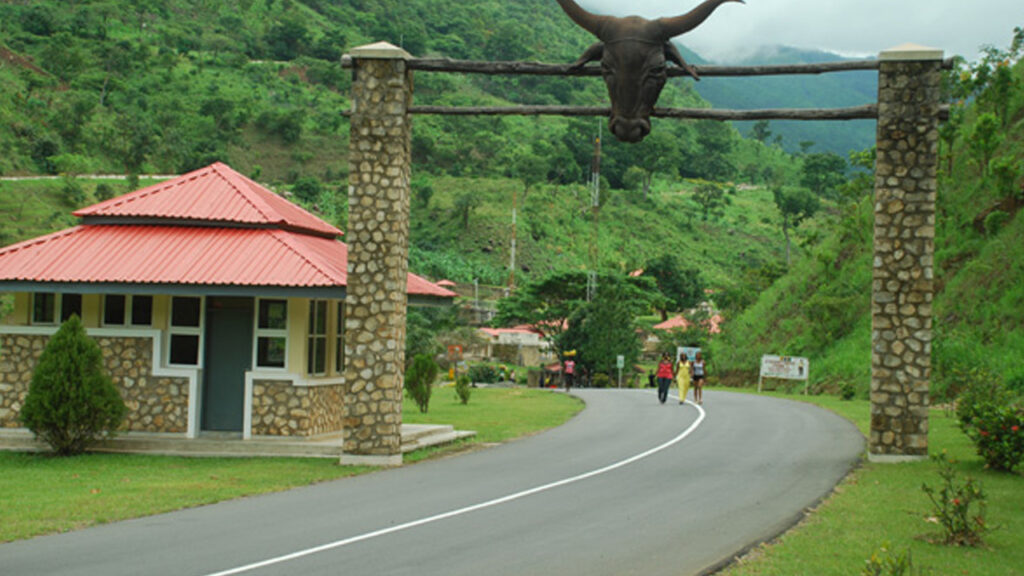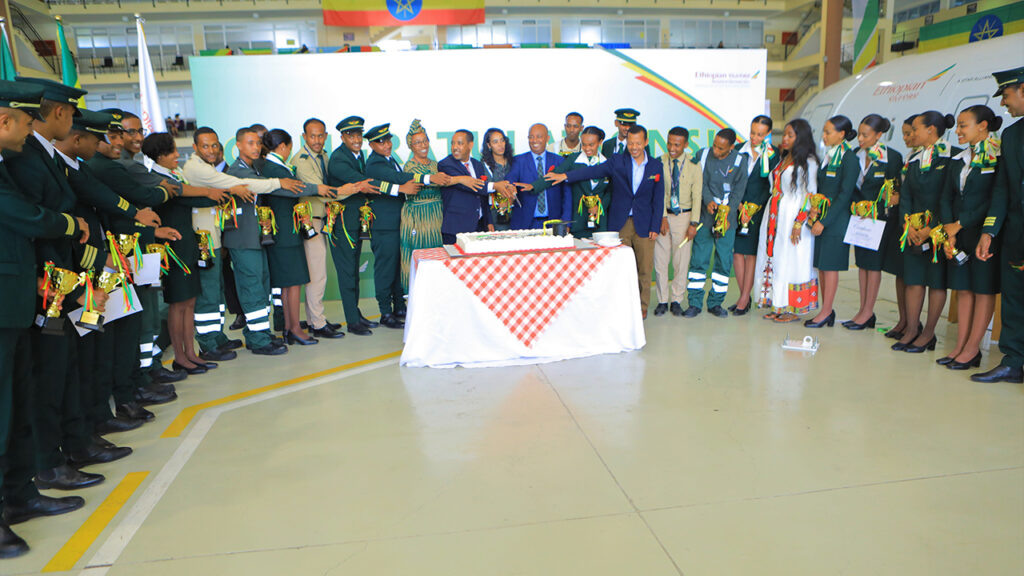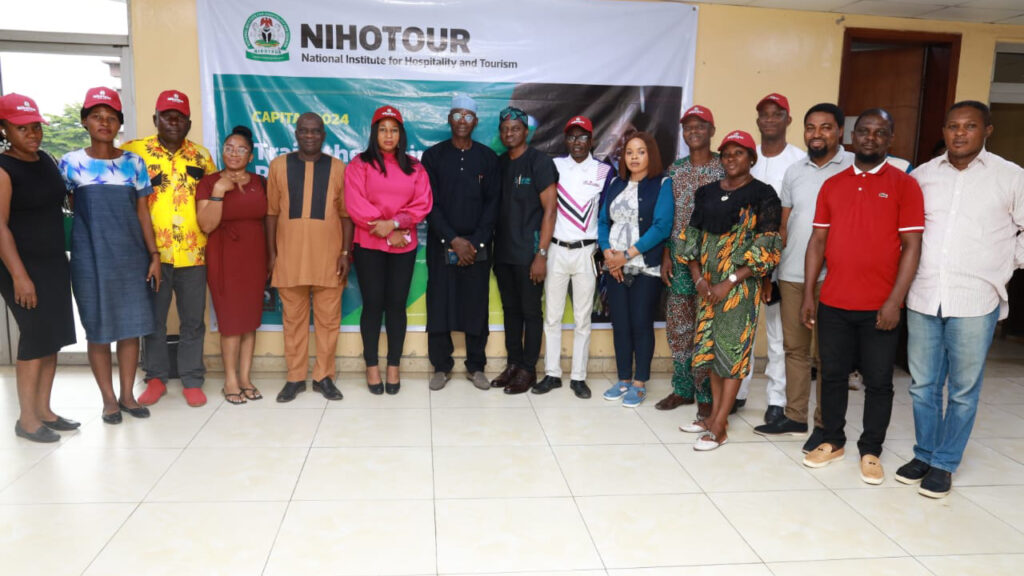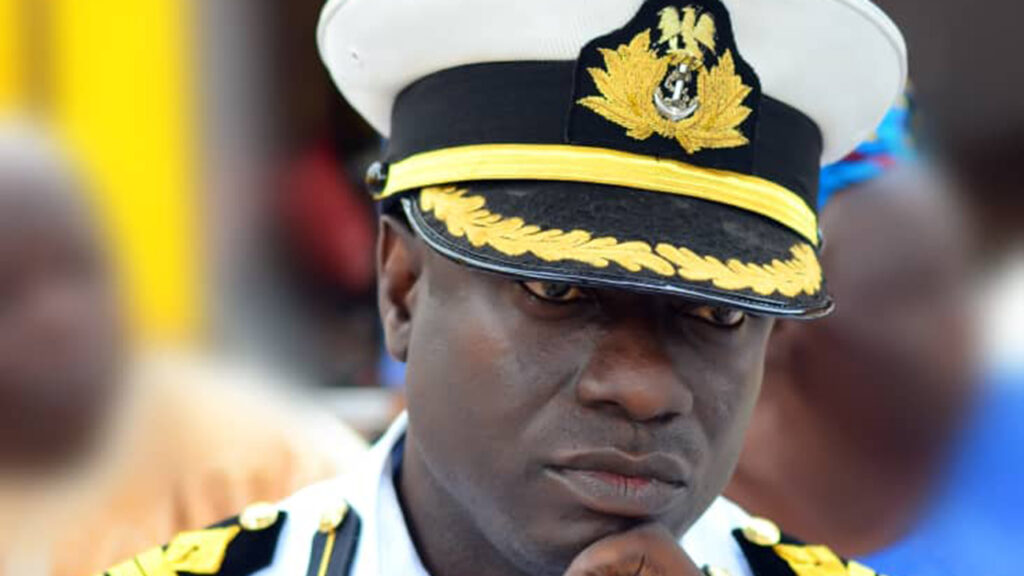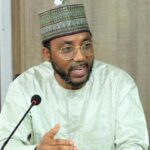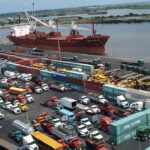The failure to execute the port modernisation project, after missing the first quarter deadline in 2024, could result in Nigeria losing another N1 trillion due to cargo diversion to neighboring countries yearly.
The Nigerian Ports Authority (NPA) announced last year that the project would commence in the first quarter of 2024, despite efforts to secure a $1.1 billion financial model to kickstart the initiative.
In the 2024 budget, the Federal Government allocated N150 million ($101,011.72 at N1482.72/$) to the Ministry of Marine and Blue Economy for the implementation of the port modernisation programme. This amount represents a 90.81 per cent shortfall from the $1.1 billion required.
Meanwhile, neighbouring countries like Togo, Côte d’Ivoire, Ghana, Benin Republic, and Senegal have successfully modernised their port facilities to accommodate larger vessels and increased cargo volumes, including shipments intended for Nigeria.
Togo, Côte d’Ivoire, and Ghana ports rank in the top 10 in Africa by container volume.
Togo, particularly, serves as the number one regional maritime hub in West Africa, handling post-Panamax vessels and acting as a trans-shipment hub for smaller regional ports unable to accommodate large vessels.
The President of the African Development Bank (AfDB), Dr Akinwumi Adesina, confirmed the leadership of Côte d’Ivoire, Ghana, Togo, and Benin Republic in West Africa due to their ports modernisation efforts, highlighting Nigeria’s lagging position.
Nigeria continues to seek funding to begin a project aimed at enhancing port infrastructure, accommodating larger vessels, and increasing draft depths to 14 metre to enhance competitiveness in the region.
At a recent conference, the Managing Director of the Nigerian Ports Authority (NPA), Mohammed Bello-Koko, reiterated the goal of modernising Nigerian ports to regain lost transit and transshipment of cargo to neighboring ports.
He cited deteriorating infrastructure, lack of modernisation, and inadequate power supply as challenges affecting cargo flow at the nation’s seaports.
Also, the Minister of Marine and Blue Economy, Adegboyega Oyetola, emphasised ongoing efforts to upgrade infrastructure and advance port modernisation projects to elevate the country’s maritime capabilities.
He highlighted the potential benefits of improving Nigeria’s ease of doing business ranking and creating a conducive environment for trade and investment.
However, the Vice Chairman of the Business Action Against Corruption (BAAC) Integrity Alliance and former president of the Shippers Association of Lagos (SALS), Jonathan Nicol, warned of significant economic challenges for Nigeria, attributing them to cargo diversion which costs the country N1 trillion yearly.
He noted that even blue-chip companies divert their cargoes to other countries, emphasising the urgency for revitalising port operations.
Nicol stressed the importance of cargo owners’ active participation in port modernisation efforts, asserting that without their involvement, advancements in port facilities would be futile.
He said modernising the nation’s ports is crucial, but without active participation from cargo owners, the modern facilities will remain underutilised.
“The modernisation of our port is excellent, however, you must have the users of the ports, predominantly cargo owners, to use your facilities. In the absence of the cargo, your ports, no matter how modern, will be of no use. They must be part of decision-makers in fashioning what modern ports will be, including usage,” he stated.

